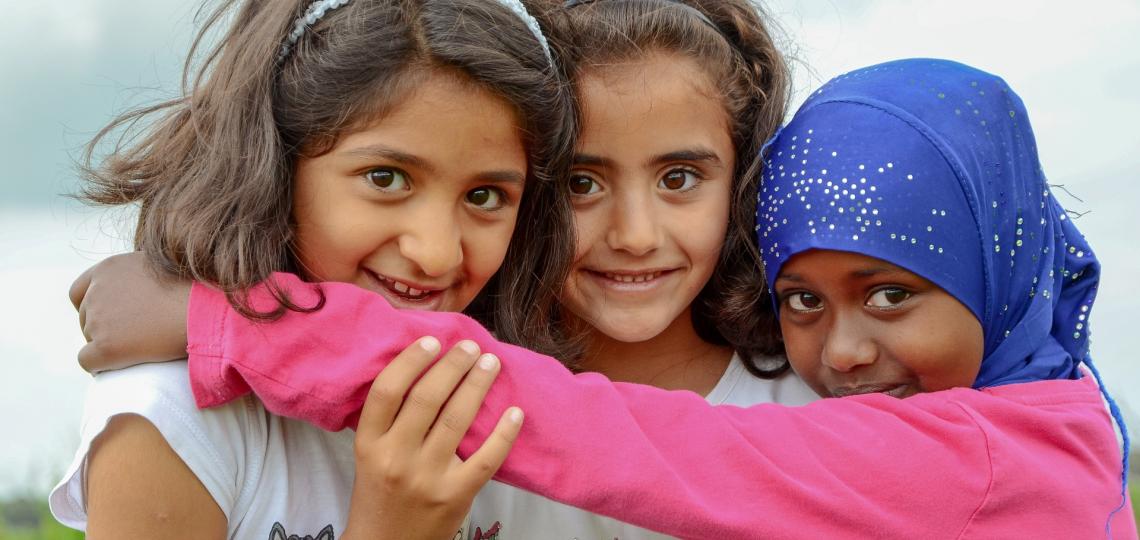
About the Clinic
We are a clinic staffed by Baylor psychiatrists in the Harris Health System dedicated to serving international trauma/torture survivors and refugees. We provide psychotherapy, psychoeducation, psychiatric evaluation, and medication management for a variety of psychiatric disorders.
Services
- Psychiatric Evaluations
- Supportive therapy
- Group therapy
- Medication Management
- Wellness education Classes
- Parenting Classes
Appointments
To set up an appointment during clinic hours email
Ben Taub Hospital - Neuropsychiatric Building
Thursdays 1-4 p.m.
Dr. Sophia Banu - banu@bcm.edu
El Franco Lee Clinic
Mondays 1-4 p.m
Dr. Lorna Wilks - Lorna.Wilks@bcm.edu
Right to Dignified Life
The right to a dignified life is a component of the human experience that is subject to personal, spiritual, cultural, social, and political perspectives. Refugees are denied this right as they have to flee for fear of their lives at short notice, often to unknown destinations and losing the foundation for their lives to an unknown future. Psychiatric management of a refugee largely focuses on trauma due to the nature of a refugees traumatic displacement from their country of origin but post-migration adjustment is a major component of treatment. The Clinic for International Trauma Survivors in the Harris Health System and Baylor College of Medicine in Houston, Texas works to explore and address pre-migration, migration and post migration traumas of patients in addition to international and cultural conflicts which contribute to the dehumanization of refugees.
CITS is the first mental health clinic for refugees and survivors of torture in the Houston and surrounding areas. CITS staff has worked in refugee camps in Nepal, Greece, and Bangladesh, and in the aftermath of climate disasters such as the Nepal Earthquake in 2015 and Hurricane Harvey in 2017. More recently Dr. Sophia Banu has collaborated with Dr. Stolar and Dr. Fredericks to start the first Human Rights and Asylum clinic run by BCM medical students (BCM Physicians for Human Rights Chapter) with faculty supervision.
Our Clinic Focus
Our clinic focuses on the following:
- Building an understanding of issues such as migration, including pre-migration, trans-migration, and post-migration issues.
- Building a better understanding of issues of refugee trauma, post traumatic growth, and resilience, with a particular focus on Cultural Humility.
- Building an understanding and ability to navigate components and aspects of community health, including working with case workers, social workers and non-profit organizations.
- Learning how to conduct psychiatric evaluation using the DSM 5 Cultural Formulation Interview to develop a psychiatric diagnosis. This evaluation takes cultural influences into consideration and incorporates the Culturagram into the initial and follow up interviews to monitor a refugee patient’s progress in a culturally sensitive manner. (PC, ICS). The World Health organization Disability Assessment Schedule 2.0 will also be utilized in monitoring patient progress.
- Learning how to build a better understanding of pharmacotherapy for refugee and survivors of torture patients.








